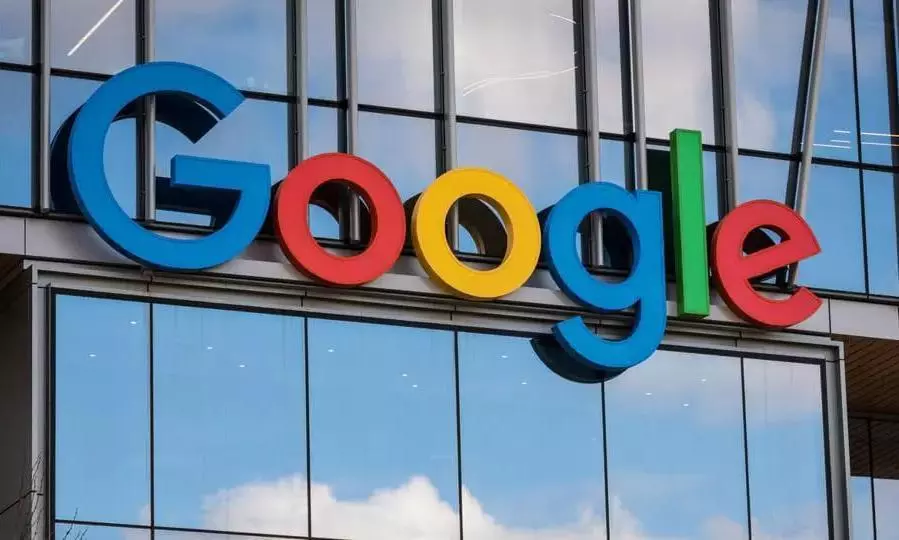
Google faces $7 billion US patent infringement trial over AI technology
text_fieldsMountain View: Alphabet's Google is bracing for a legal battle in a federal jury trial set to commence in Boston, centred on allegations of patent infringement linked to processors utilised in its artificial intelligence (AI) systems across key products.
Singular Computing, established by Massachusetts-based computer scientist Joseph Bates, asserts that Google unlawfully adopted and integrated his technology into various AI-driven functionalities within Google Search, Gmail, Google Translate, and additional services.
According to Google's court submission, Singular Computing has demanded compensation reaching up to $7 billion, potentially exceeding the largest-ever patent infringement award in US history.
Google's spokesperson Jose Castaneda criticised the validity of Singular's patents, affirming that Google independently developed its processors "over many years" and stating, "We look forward to setting the record straight in court."
An attorney representing Singular declined to offer any commentary regarding the case.
The anticipated trial is anticipated to span a duration of two to three weeks.
Singular's 2019 lawsuit claimed that Bates shared his computer processing advancements with Google between 2010 and 2014. Allegedly, Google's Tensor Processing Units, fundamental to bolstering its AI capabilities, replicate Bates' technology, thereby infringing upon two patents.
The legal complaint outlines that Google's circuits leverage an enhanced architecture discovered by Bates, enabling heightened processing power and fundamentally transforming AI training and inference methods.
Google's introduction of its processing units in 2016 significantly empowered AI applications such as speech recognition, content generation, and ad recommendation. Singular contends that the subsequent iterations, versions 2 and 3, released in 2017 and 2018 respectively, violate its patent rights.
However, Google contends that its processors operate differently from Singular's patented technology and challenges the validity of the patents themselves.
According to Google's court filing, the company expressed reservations about Bates' technology, ultimately rejecting it for their specific applications. They explicitly informed Bates that his concept did not align with Google's developmental goals.
Furthermore, a US appeals court in Washington is slated to hear arguments regarding the potential invalidation of Singular's patents, a separate case initiated by Google through an appeal from the US Patent and Trademark Office.






















